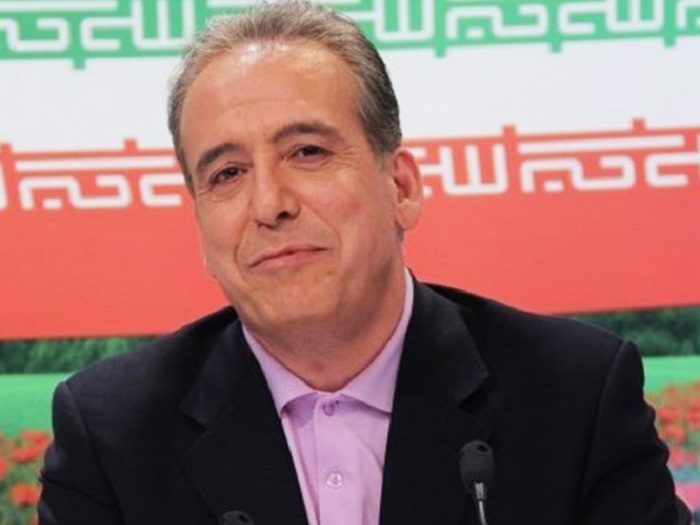The country's trade lacks a clear plan and strategy

The head of the Iran-China Chamber considered the formulation of a clear, comprehensive strategy and the support of all officials and decision-makers for the development of trade and investment relations after the lifting of sanctions and favorable international conditions, and said: That is the lack of strategy.
According to the International Iranian Stone Exhibition, neglecting to formulate a strategy for the development of non-oil exports and strengthening the presence in target markets, according to the head of the Iran-China Joint Chamber, is the most important reason for failure during the Borjam era. He emphasizes that during the Barjam era, all the time and energy was spent on handling the visits of various delegations from all over the world, and we did not know whether the country's strategy was to find new partners or focus on previous partners.
Majid Reza Hariri, chairman of the Iran-China Joint Chamber, said: "If we are to make the best use of the country's opportunities and capacities after the lifting of unilateral US sanctions against Iran, we must first determine what we are looking for." Which countries are the priority in developing cooperation? Are we looking for new markets or do we want to increase the level of relationships with our previous partners?
According to this economic activist, during the sanctions period, we had no plans to take advantage of opportunities, and therefore we did not have a successful operation.
The head of the Iran-China Joint Chamber called the sanctions the biggest obstacle to Iran's international cooperation and noted: "If one day the biggest obstacle to international economic activity is removed, smaller problems such as the ban on banking activities due to non-accession to the FATF will appear."
"Preparing for the post-sanctions era depends on identifying problems and planning through diplomacy," Hariri said. On the other hand, we have to prepare a scenario for the parts of the sanctions that are likely to remain. To know how to deal with these areas and how to deal with the parts of the sanctions that will be lifted. It is necessary to take a general look at all these issues and prepare a comprehensive package, and finally plan for each country one by one based on this general approach.
"If sanctions are lifted, most of the problems in the Chinese market today will be solved," he said. Of course, it should be borne in mind that Iran's share in this market is very small, and of the $ 2.4 trillion in imports made by this country, Iran's share, including oil sales, is about $ 12 billion.
This economic activist, considering the decrease in the volume of trade between Iran and China during the sanctions period, stated: Due to the general decrease in the level of our country's trade, the level of relations between Iran and China has also decreased. In the days when there were no sanctions, we sold about $ 100 billion worth of oil worldwide. We also had between $ 30 billion and $ 35 billion in non-oil exports. On the other hand, we imported between 60 and 70 billion dollars, which in total, Iran's share in world trade was about 200 billion dollars. At present, this figure has been reduced by half, and as a result, the level of Iran's trade with China has also decreased.
According to him, while Iran's trade volume with China has decreased, its share in Iran's cross-border trade has increased. In the past, the country's share in Iran's trade was about 22 percent, but now this figure has reached 26 percent.
Hariri further mentioned that most of the products that Iran exports to China after petrochemical products, petroleum products, minerals and non-minerals, and added: "Undoubtedly, to diversify the export basket and increase the level of relations, it is important to use the capacity of embassies in target countries." But we must keep in mind that the mentality and approach of our foreign diplomacy is important. Unfortunately, today's priority is not in this area of the economy, and if we have several business advisors in one market, it will not work because their priority is not economic and trade issues.
* Iran Chamber of Commerce










